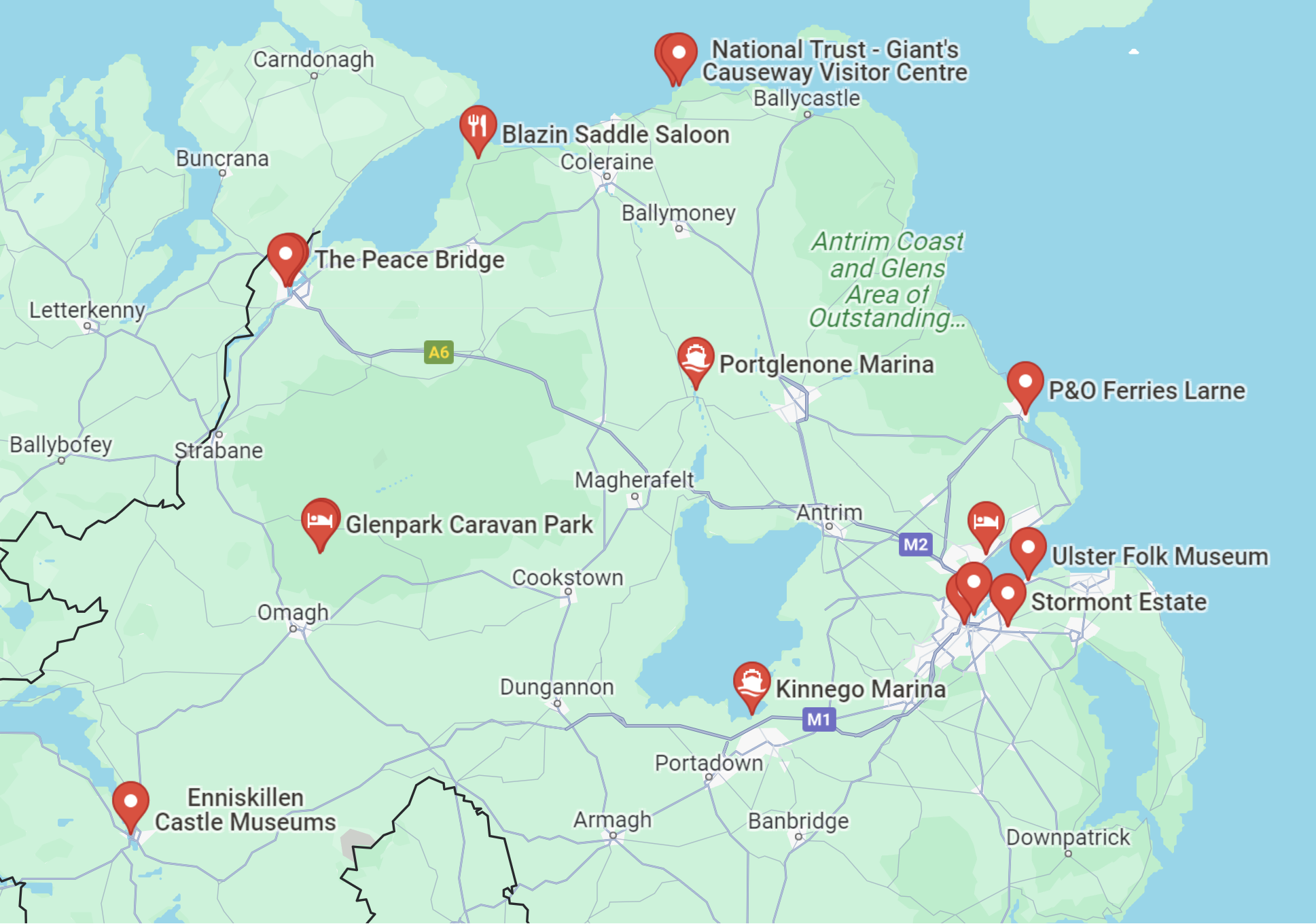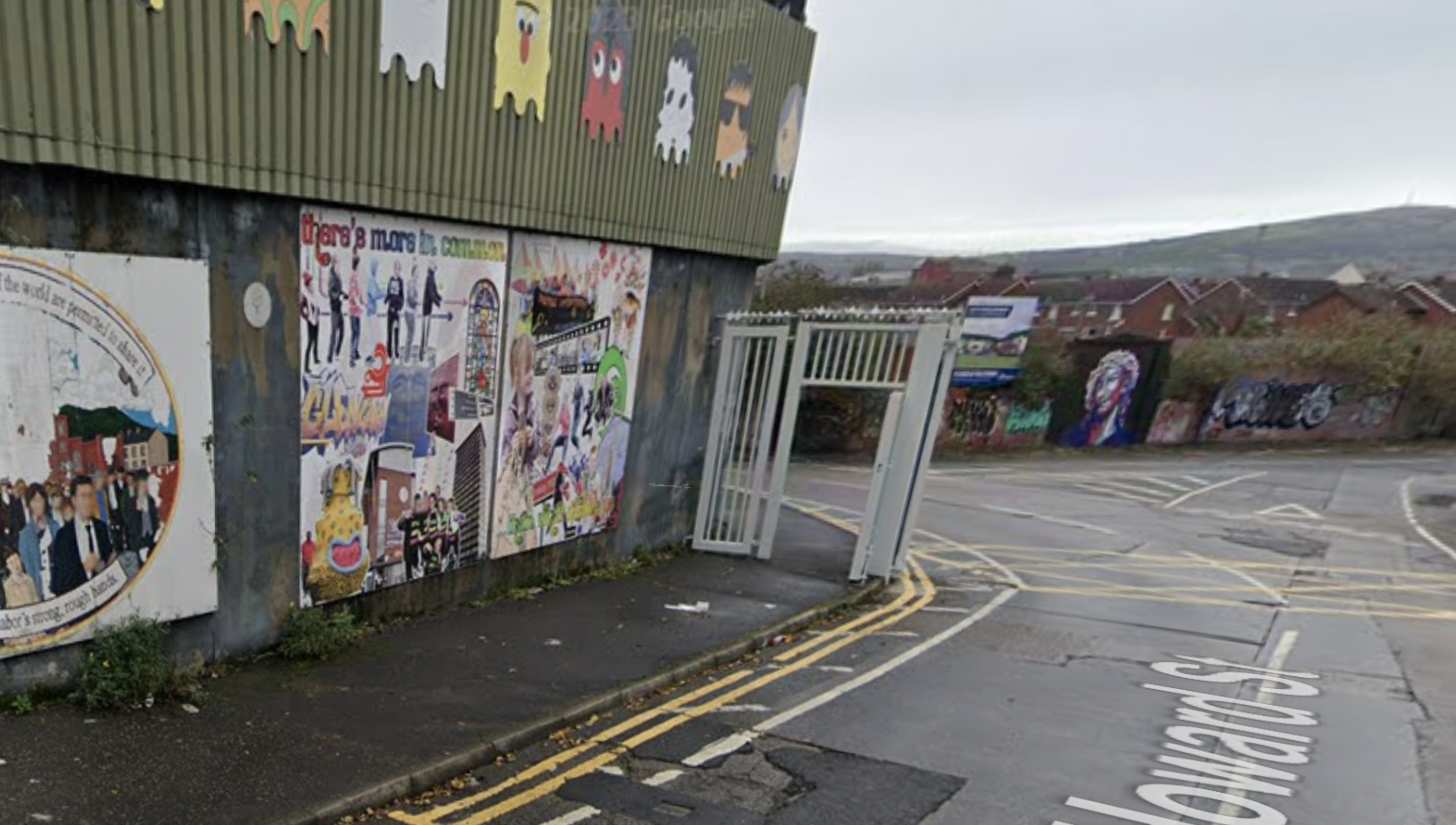Published: 29 December 2023
Inequality and Injustice
2023 has been yet another year, dominated by news stories of war. The war in Ukraine has continued. War in Israel and Gaza has erupted. It feels like a very unsettled time for our world.
Is it coincidence that in 2024, two of our planned holidays take us to places that have been the centre of war and conflict? Our next road trip will take us to Northern Ireland, which as a child, I only knew as where The Troubles were happening. Then, later in 2024, we are planning to visit the Western Front in Ypres, Belgium and the Somme area of France, to find out more about World War 1.
As I begin to plan these two trips and learn about the history of Northern Ireland and the Western Front, I find myself asking some bigger questions around equality and injustice. What role does inequality play in war and conflict? This is an important question for me, as my work now centres around this same issue.
This blog post will explore some of my thoughts, though I expect I will have many more questions than answers at this stage.
Northern Ireland
Neither of us has ever been to Northern Ireland before, so it was quite difficult deciding where to visit. I didn't originally set out to visit places that were historically connected to the Troubles, but in trying to create a circular route, the main cities I found were places I have only heard about on the news.

Belfast
When I started looking into places to visit in Belfast, two Ts became a recurring theme:
- Titanic
- The Troubles.
Having set aside a full day to visit all the Titanic-related attractions, I then found myself exploring the Troubles and finding out more about them.
I had some vague recollection that it was about Catholics fighting Protestants, and maybe the reason I've never looked any deeper than that, is because the idea of Christians fighting Christians is so utterly repulsive to me. It's easier to ignore it and pretend it didn't happen, than to risk encountering something that might cause me to question my faith.
So I started to investigate the history of Ireland and what led to the Troubles. I was a little surprised to find connections with World War 1. I may come back to that later. I was also surprised to find that religion wasn't the main cause. From what I can gather, apart from Politics, one of the main causes was inequality. It seems that religion, in the sense of different doctrine, had little to do with it.

There were two sides to this conflict. There were the Republicans, who were largely Roman Catholic, and who believed that Ireland should be an independent country. Then there were the Unionists, who believed that Ireland should be part of the United Kingdom. They were largely Protestant.
In Northern Ireland, life seems to have favoured the Protestant Unionists. They got the jobs, the better living conditions. They had more rights. The Catholic Republicans got a raw deal. Life was tough for them. Eventually, in the summer of 1969, years of smouldering injustice and inequality blew up. It started in Derry, which is very close to the border, closely followed by Belfast.
As usually happens when a minority rise up and fight for equal rights, the other side fought back, and because of the Unionist link to the UK, the British Army got involved. At various points, the fighting resulted in innocent civilians being killed or wounded.
This is where I do have personal memories. When I was at school... about Y10, I was asked to take care of a new girl. She was from Northern Ireland. Her name was Tracey. She was really nice and we became friends for a while. She lived with her dad. Her mum was dead. I found this unfathomably sad. I couldn't imagine losing your mum. One day, she told me that her mum had been killed by a car bomb. She was just walking past and it blew up. She was killed instantly.
The Western Front
I didn't want to study history, way back when I chose my O level subjects (pre GCSEs). I wanted to do biology but the way the timetables worked, we weren't allowed to do three sciences. So I ended up doing Modern Day History. I failed it. I got a U - unclassified.
I remember being a little bit interested in the First World War. It was sort of within living memory and growing up in Scarborough, there were local connections. I did like local history, so that helped me connect a bit.
I've yet to look back at the roots of WW1 in relation to our trip to the Western Front. However, I'm currently watching a Netflix series called Rebellion ![]() . It's about the 1916 uprising in Dublin. One of the issues here goes back to what I said earlier about Ireland and whether it should be a republic or part of the UK.
. It's about the 1916 uprising in Dublin. One of the issues here goes back to what I said earlier about Ireland and whether it should be a republic or part of the UK.
It seems that this tension had been sitting relatively quietly for a while but when Irish men were conscripted to serve in the British Army, to fight on the Western Front, it all blew up!
Equality
Equality is a concept that is extremely important to us. We've seen more recently how inequality has resulted in protests, sometimes peaceful but more often, not. Over the years, there have been battles in the quest for equality for various suppressed groups. The most prominent ones get named:
- The Suffragette Movement
- Black Lives Matter
- Gay and Trans Pride
- Reclaim the Night
- Brixton and Toxteth Riots (1981)
- 2011 England Riots.
These are in no particular order... just in the order I remembered them. Some go back decades; others are more recent. They have one thing in common though, they each followed years of oppression and inequality.
As a nation, we have made progress towards a more equal society. We have laws that are designed to protect people with certain protected characteristics. In theory, it is not okay to discriminate against these groups. In reality though, is life more equal? I think it is improving but we still have a way to go. I can still see the potential for further explosions of protests, riots and conflict.
Finally (for now), what about disabled people? Most of the protests and riots we have seen have been about other groups. Within these groups, there is still bubbling anger just under the surface of society. I wonder what about disability rights though, beyond people saying things like, "Is that even legal?" when blatant discrimination happens.
This is clearly going to be a theme that I will mull over and write more about as we go into 2024. I don't write as someone who has answers. This is merely a place to explore questions and thoughts and fears.
